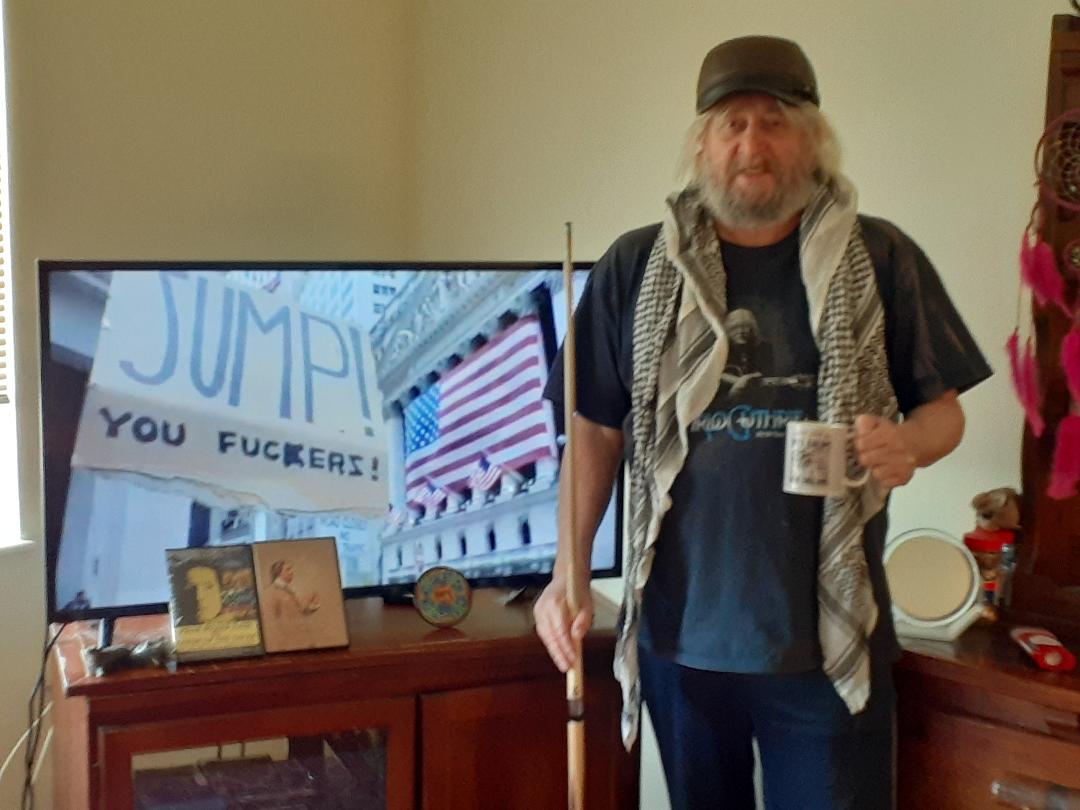-block-attribute-key="content" data-empty="false" data-title="Paragraph" data-type="core/paragraph" data-block="07b867df-dce5-449f-9189-506f406e3a78" aria-label="Block: Paragraph" id="block-07b867df-dce5-449f-9189-506f406e3a78" aria-multiline="true" role="document">Readings for the 20th Sunday in Ordinary Time: JER 38: 4-10; PS 40: 2-4, 18; HEB 12:1-4; LK 12: 49-53
Todays gospel excerpt presents real difficulties for a thoughtful homilist. That's because it shows us an apparently confrontational Jesus one who sounds completely revolutionary. It raises an uncomfortable question: why would the Church choose such a passage for Sunday worship? What are we supposed to do with a Jesus who doesn't sound like the soft-focus Prince of Peace in our stained-glass windows?
In the context of Zionist genocide and starvation of Palestinians, perhaps this is providential. Maybe this gospel can help us understand a truth that polite Christianity often avoids: people living under the heel of settler colonialism supported by empire even people of deep faith sometimes find themselves pulled toward resistance that is anything but gentle.
We forget that Jesus and his community were not free citizens in a democracy. They were impoverished, heavily taxed subjects of an occupying army. Roman power loomed over their fields, their marketplaces, their synagogues. By today's international standards, they were an occupied people with the legal right to resist.
And in Lukes gospel today, Jesus says, without apology:
I have come to set the earth on fire, and how I wish it were already blazing Do you think that I have come to bring peace on earth? No, I tell you, but rather division.
In Matthews parallel account, the language sharpens:
Do not suppose that I have come to bring peace. I did not come to bring peace, but a sword.
These are not the soundbites that make it into Christmas cards. They make us ask: what happened to Turn the other cheek and Love your enemies?
Some scholars, like Reza Aslan, suggest that Jesus' nonviolence applied primarily within his own oppressed community, while his stance toward Roman occupiers was far less accommodating. Others, like John Dominic Crossan, argue that Jesus was unwaveringly committed to nonviolent resistance, and that later gospel writers softened or altered his message to make it more palatable in times of war.
Either way, the backdrop remains the same: an occupied land, a foreign military presence, a people dispossessed. In that context, fiery words about division and swords are not abstract theology. They are the language of a people under siege, the language of survival.
This is where the parallels to our world are hard to miss. Today, in the land we call Israel-Palestine, we see a modern occupation with its own walls, checkpoints, home demolitions, and armed patrols. We see Palestinian families pushed off their land in the name of security. We see the weight of military might pressing down on those who have little power to push back.
This is not to glorify violence but to say that this kind of daily humiliation, dispossession, and threat inevitably breeds anger, desperation, and for some the temptation to meet force with force. The gospel today, like the headlines from Gaza and the West Bank, confronts us with the messy, often tragic choices that emerge under occupation.
As Christians, we have to wrestle with this. Would we cling to a nonviolent ethic, like the Jesus Crossan describes? Or, living under bulldozers and armed patrols, would we find ourselves understanding perhaps even empathizing with those who choose other paths?
Jesus words today refuse to let us take the easy way out. They call us to name the real causes of conflict not some vague ancient hatred, but the concrete realities of military domination, settler colonialism, and American imperialism. They challenge us to imagine what peace would require: certainly not the silencing of the oppressed, but the dismantling of systems that oppress them in the first place.
Because if we only condemn the flames without questioning the spark, we miss the deeper gospel truth: that justice is the only soil in which true peace can grow.







